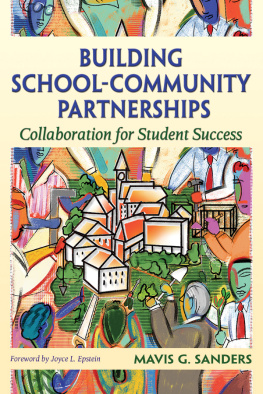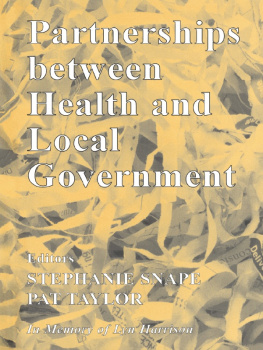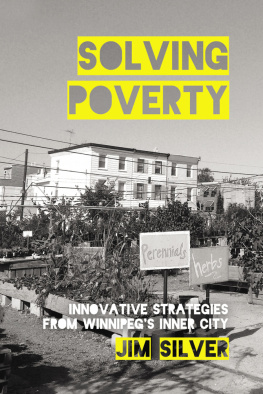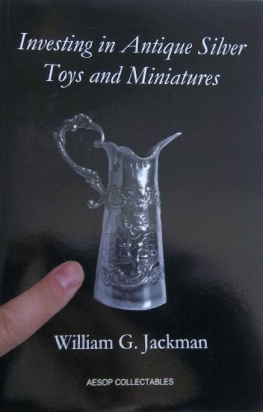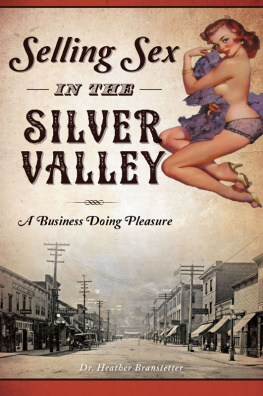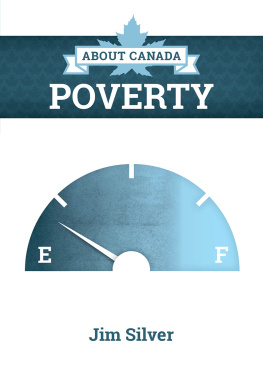NEW APPROACHES IN SOCIOLOGY
STUDIES IN SOCIAL INEQUALITY, SOCIAL
CHANGE, AND SOCIAL JUSTICE
Edited by
Nancy A. Naples
University of Connecticut
A ROUTLEDGE SERIES
NEW APPROACHES IN SOCIOLOGY
STUDIES IN SOCIAL INEQUALITY, SOCIAL CHANGE, AND SOCIAL JUSTICE
NANCY A. NAPLES, General Editor
THE SOCIAL ORGANIZATION OF POLICY
An Institutional Ethnography of UN Forest Deliberations
Lauren E. Eastwood
UNEQUAL PARTNERSHIPS
Beyond the Rhetoric of Philanthropic Collaboration
Ira Silver
THE STRUGGLE OVER GAY, LESBIAN, AND BISEXUAL RIGHTS
Facing Off in Cincinnati
Kimberly B. Dugan
PARENTING FOR THE STATE
An Ethnographic Analysis of Non-Profit Foster Care
Teresa Toguchi Swartz
TALKING BACK TO PSYCHIATRY
The Psychiatric Consumer/Survivor/Ex-Patient Movement
Linda J. Morrison
CONTEXTUALIZING HOMELESSNESS
Critical Theory, Homelessness, and Federal Policy Addressing the Homeless
Ken Kyle
LINKING ACTIVISM
Ecology, Social Justice, and Education for Social Change
Morgan Gardner
THE EVERYDAY LIVES OF SEX WORKERS IN THE NETHERLANDS
Katherine Gregory
STRIVING AND SURVIVING
A Daily Life Analysis of Honduran Transnational Families
Leah Schmalzbauer
UNEQUAL PARTNERSHIPS
Beyond the Rhetoric of Philanthropic Collaboration
Ira Silver
UNEQUAL PARTNERSHIPS
Beyond the Rhetoric of
Philanthropic Collaboration
Ira Silver
First published 2006 by Routledge
Published 2016 by Routledge
2 Park Square, Milton Park, Abingdon, Oxon OX 14 4RN
711 Third Avenue, New York, NY 10017, USA
Routledge is an imprint of the Taylor & Francis Group, an informa business
Copyright 2006 Taylor & Francis
All rights reserved. No part of this book may be reprinted or reproduced or utilised in any form or by any electronic, mechanical, or other means, now known or hereafter invented, including photocopying and recording, or in any information storage or retrieval system, without permission in writing from the publishers.
Notice:
Product or corporate names may be trademarks or registered trademarks, and are used only for identification and explanation without intent to infringe.
Credits and acknowledgments borrowed from other sources and reproduced, with permission, in this textbook appear on appropriate page within text.
ISBN: 978-0-415-97446-2 (hbk)
Library of Congress Card Number 2005022787
Library of Congress Cataloging-in-Publication Data
Silver, Ira.
Unequal partnerships : beyond the rhetoric of philanthropic collaboration / Ira Silver.
p. cm. -- (New approaches in sociology)
Includes bibliographical references and index.
ISBN: 978-0-415-97446-2
1. Community foundations--Illinois--Chicago. 2. Endowments--Illinois--Chicago. 3. Community organization--Illinois--Chicago. 4. Community development-Illinois--Chicago. I. Title. II. Series.
HV99.C39S55 2006
361.70977311--dc22
2005022787
This book is dedicated
with all my love to
Nancy, Benjamin, Arielle,
and to my parents,
Irene and Gerald Silver.
Contents
Chapter One
Preventing Fires while Feeling the Heat
Chapter Two
As American as Apple Pie: The Tradition of Private and Local Antipoverty Reform in the U.S.
Chapter Three
Organizational Motivations for Sponsorship
Chapter Four
Community-based Reasons for Getting Involved
Chapter Five
Collaboration Becomes Old News
Chapter Six
Unmasking Collaboration
Chapter Seven
Philanthropy and the Media Spotlight
Afterword
The Future of Philanthropic Collaboration
Appendix A
The Challenges and Rewards of Undertaking this Study
Appendix B
Key Dates in the History of the Chicago Initiative
This book, like the events it describes, is a collaborative accomplishment. Many people deserve recognition for helping me along the way. I feel tremendous gratitude toward each and every one of them.
I want to thank those associated with the Chicago Initiative who gave hours upon hours of their time to participate in this study. I am especially appreciative toward Susan Lloyd who, as a fellow researcher extensively involved in Chicagos philanthropic community, single-handedly facilitated my taking on the Chicago Initiative as a research topic. I also want to thank the Aspen Institutes Nonprofit Sector Research Fund for awarding me a two-year fellowship, and in so doing, for acknowledging the importance of philanthropy supporting critical research about its own practices. This money, as well as a grant from the Dispute Resolution Research Center at the Kellogg Graduate School of Management, sped up the data collection process.
Several people deserve recognition for their mentorship during the research and writing of this book. Early on, Michael Burawoy expressed excitement about my intellectual curiosities, continually convincing me that my ideas were worth pursuing. Susan Ostrander steadfastly validated my interests in exploring the contours of philanthropic relationships. Mary-Ellen Boyle helped me to see new ways to develop my ideas. Art Stinchcombe carefully read and commented upon drafts of my work. And finally, I thank Allan Schnaiberg for providing lots of useful feedback while giving me the freedom to pursue the issues I found important. I also feel indebted to Allan for his help in enabling me to navigate the various unforeseen obstacles I encountered along the way.
Many of my peers at Northwestern provided invaluable sources of inspiration and support to me. In particular, I want to thank David Shulman for consistently reminding me of my strengths, and constructively helping me to bring them out. I also feel enormous gratitude toward my close friend Graham Peck for the countless hours of informal conversations we had at all hours of the day and night about sundry topics related to graduate school and becoming a professional academic.
I have been equally blessed to have come into contact with a number of wonderfully supportive people during the years that I have been a professor. At Wellesley College, Susan Silbey breathed inspiration into my sociological pursuits as a scholar and as a teacher in ways that no other mentor had before. She and Peggy Levitt carefully read and offered feedback on earlier versions of this book. Joe Swingle and Pam Bauer have each continuously given me the priceless gift of friendship and have nurtured my conviction that looking at the world sociologically makes life more interesting and meaningful. At Framingham State College, Ben Alberti and Lisa Eck not only helped me through the final stages of writing this book but they have, much more invaluably, been the best colleagues and friends that I could have possibly ever hoped to have found here.
Finally, since writing a book is a task near and dear to the heart, I want to acknowledge those with whom I feel closest. My parents deserve all the praise in the world for showing me by example the value of putting the mind to good work. I treasure the unconditional love they have given in permitting me to chart my own professional path. And, of course, I am continuously grateful to my wife, Nancy, who always gives unabated support, dedication, respect, and love to everything I do.


